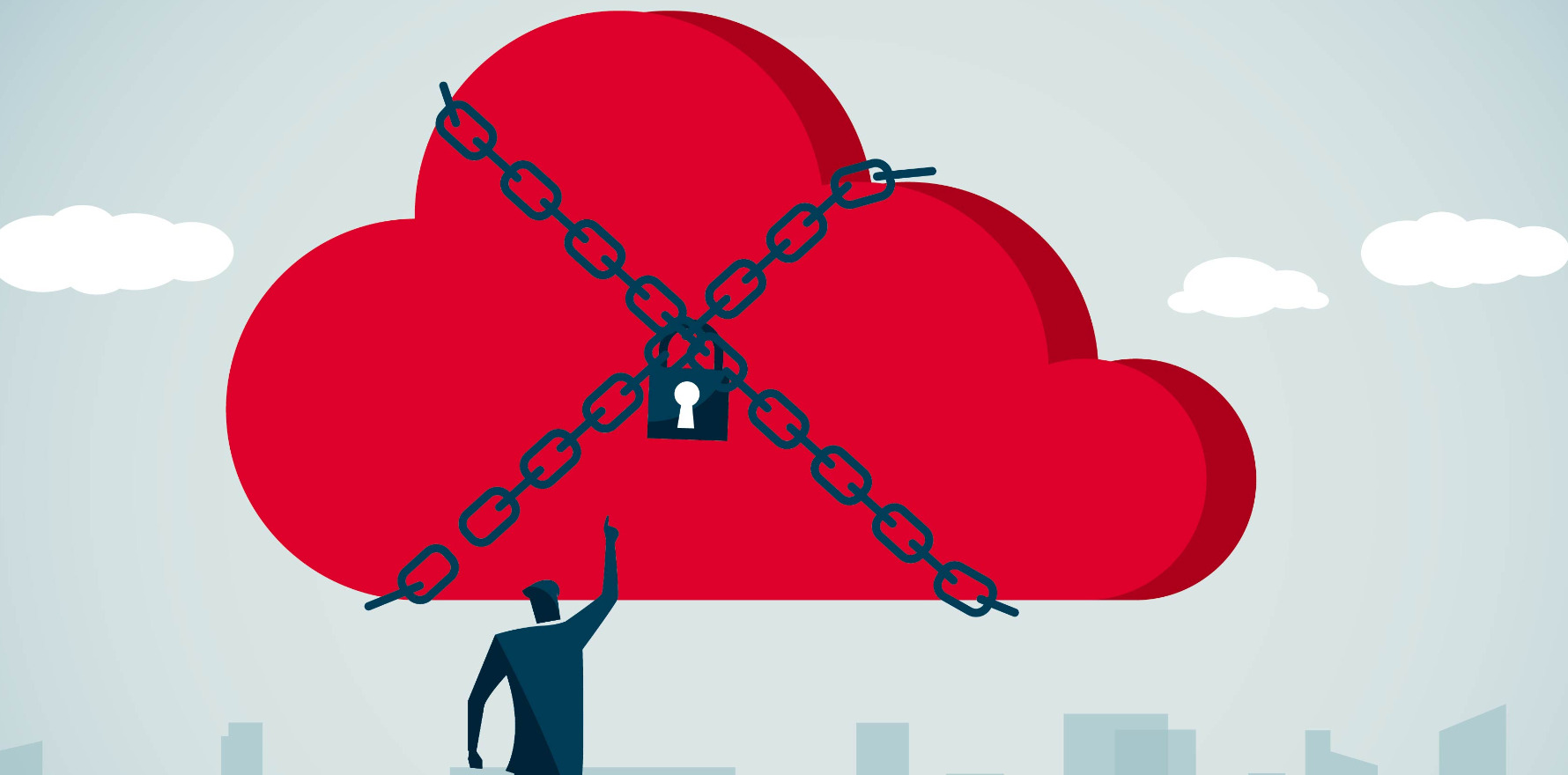Best Practice’s new booking solution isn’t a Hotdoc or HealthEngine killer app … yet.
When a patient management platform that controls north of 65% of the GP desktop market announces it has a new “online booking management solution” then you might imagine that senior executives at our two biggest doctor booking engines, Hotdoc and HealthEngine, get a shiver down their spines.
Recently Best Practice announced a new integration with its BP Premier desktop solution that is, in effect, the start of a much larger play to eventually create a much more easily accessible form of patient portal.
Patient portals make up a very big component of the now highly interoperable cloud-based landscape in the US.
Best Health Booking isn’t quite a tilt at the booking engines yet, because it is an integration into the older server-bound BP Premier platform. It is an upgrade that is going to improve the experience of BP Premier for practice owners, and to some extent, direct interactions with patients, that without more advanced cloud connectivity, would likely struggle to challenge the reach, brand and engagement that the major booking engines provide to Best Practice.
But it’s the thought that counts.
And the thought is very likely that once BP Premier gets itself a decent FHIR interface via something like Halo Connect, then direct patient engagement from doctors to patients will become significantly more seamless in the not-too-distant future.
When that happens then the concept introduced via Best Health Booking could take a generational leap that would allow BP – if BP wanted to go that way – to disintermediate the two major booking engines via a direct-to-patient portal facility.
BP told The Medical Republic that this iteration of the Best Health Booking was about upgrading practice experience in a manner users had been requesting and not about taking on either Hotdoc or Healthengine.
Notwithstanding, if you read through the press release on the integration, you could easily get the impression that BP is planning for the sort of new data paradigm that the Department of Health and Aged Care is pushing at both technology vendors and healthcare providers where data interoperability is much more seamless.
This week we learned that DoHAC has a plan to disintermediate data extraction groups from the deidentified patient data collection and analysis process, with a view to making the data far more accessible and usable by both patients and providers, especially to start with through PHNs.
We also already see some of the big pathology providers developing cloud-based direct to client digital channels in order to get in front of DoHAC’s initiatives to make data on pathology much more freely available to both the provider community and patients.
Why wouldn’t BP and its main competitor Medical Director attempt the same strategy as the big pathology groups and establish direct brand relationships with the patient community of all the practices they serve?
It would likely be good for practices and the bottom line of BP. It would mean less cost through getting rid of another intermediary, like DoHAC wants to get rid of data extraction groups as unnecessary gatekeepers and moneymakers in the deidentified patient record game.
It feels like a no-brainer when the PMS vendors eventually build out the more seamless and real-time cloud-based interfaces that the government wants them to build and is even pushing them to build quicker by hanging legislation over their heads which might dictate minimum standards of technology for sharing their data with patients and providers.
If or when MD and BP are forced to this more modern data-sharing paradigm they will be looking to make up for likely revenue challenges that such a model would bring to their current revenue models which tend to gatekeep access to outside applications based on payment. Such gatekeeping might disappear in the new data paradigm that DoHAC is pushing everyone towards.
Related
CEO of fully cloud-enabled primary care EMR platform MediRecords, Matt Galetto thinks that regardless of the new BP booking upgrade not being cloud-based yet, that the data and technology ecosystem is not now a friend of the major booking engines.
Galetto told TMR today that BP and MD going direct to patients would not be an easy transition to make.
He pointed out that BP is not a consumer brand, but Hotdoc and Healthengine are well established ones, so there will be issues in accessing and transitioning the patient base for these vendors.
“But either way you must think that the business model of independent data extraction widgets like Hotdoc and Healthengine are in trouble, not to mention the data extractors PenCS, Polar and Primary Sense – cloud will change the status quo.”





